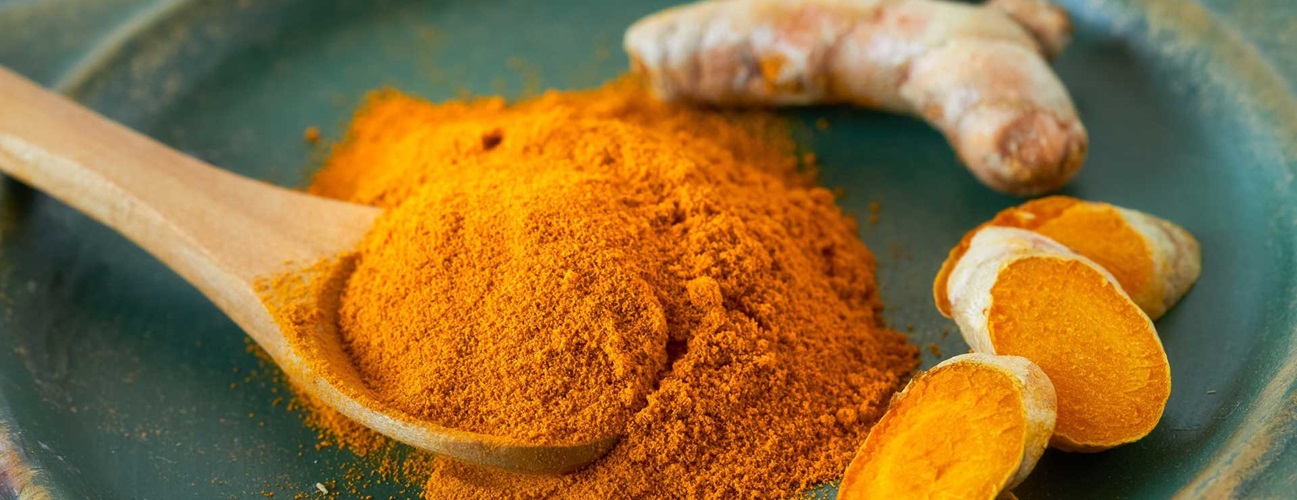Introduction
So, why should turmeric be a staple in your kitchen? Let’s find out.
What Is Turmeric?
Turmeric is a flowering plant from the ginger family, commonly grown in India and Southeast Asia. The golden-orange root is typically dried and ground into a spice for cooking, or turned into supplements and extracts for medicinal use. It has a warm, earthy flavour and is the star ingredient in curry powder.
The Golden Compound: Curcumin
The real magic of turmeric lies in curcumin, its most active compound. Curcumin gives turmeric its yellow colour—and its powerful healing properties. But here’s the catch: it’s not easily absorbed by the body. That’s why turmeric is often paired with black pepper (which contains piperine) to boost absorption.
Health Benefits of Turmeric
1. Anti-Inflammatory Powerhouse
Inflammation isn’t always a bad thing—it’s your body’s way of healing itself. However, chronic inflammation is a silent saboteur linked to heart disease, diabetes, and cancer. Curcumin works by blocking molecules that trigger inflammation, making turmeric nature’s ibuprofen—minus the side effects.
2. Natural Antioxidant
Think of free radicals like tiny wrecking balls in your body, damaging cells and accelerating ageing. Turmeric steps in like a bodyguard, neutralising these free radicals before they wreak havoc. The result? Youthful skin, a stronger immune system, and protection from age-related diseases.
3. Brain Function Boost
Curcumin has been shown to increase levels of BDNF (brain-derived neurotrophic factor)—a type of growth hormone that functions in the brain. Low BDNF is linked to depression and Alzheimer’s. Adding turmeric to your diet could improve memory, mood, and even your ability to learn.
4. Heart Health Hero
Your heart will thank you. Turmeric improves the lining of your blood vessels, known as the endothelium. Better endothelial function equals better blood pressure regulation and a lower risk of heart disease. Some studies suggest turmeric may be as effective as exercise in improving heart health!
5. Joint Pain Relief
Struggling with arthritis or stiff joints? Turmeric’s anti-inflammatory effects can reduce swelling and pain in joints, especially in people with osteoarthritis. One study found it as effective as some over-the-counter anti-inflammatory drugs—without the tummy troubles.
6. Cancer-Fighting Properties
Though not a cure, curcumin may help prevent cancer by slowing the growth of tumour cells and even killing cancer cells in some types. It’s particularly promising in digestive, breast, and skin cancers. More research is ongoing, but early results are hopeful.
7. Digestive Support
Feeling bloated or sluggish? Turmeric stimulates bile production, helping your body break down food better. It’s often used to relieve symptoms of IBS and indigestion. No more post-meal discomfort.
8. Immune System Enhancer
Turmeric acts as a shield for your immune system. Its antibacterial, antiviral, and antifungal properties make it a strong ally during cold and flu season. A warm turmeric tea could be the immune boost your body needs.
9. Blood Sugar Control
If you’re watching your blood sugar, turmeric could be your new best friend. It helps lower insulin resistance and reduces blood sugar spikes, which is a game-changer for people with type 2 diabetes or those looking to prevent it.
10. Skin Health Booster
From reducing acne scars to calming eczema flare-ups, turmeric has long been used in natural skincare. It’s anti-inflammatory, and antibacterial, and adds a glow to your skin. Want a DIY facial? Mix turmeric with honey and yogurt for an instant skin refresh.
11. Liver Detoxification
Your liver works hard—give it some love! Turmeric boosts detox enzymes and supports liver function. It’s like hitting the reset button for your liver after a weekend of junk food or drinks.
12. Mood and Mental Health Benefits
Feeling blue? Curcumin has been shown to improve symptoms of depression and anxiety by balancing neurotransmitters like serotonin and dopamine. Some studies even compare its effects to antidepressants—without the harsh side effects.
How to Add Turmeric to Your Diet
Cooking with Turmeric
Sprinkle turmeric on roasted veggies, stir it into soups, or blend it into your morning smoothie. The trick? Add a dash of black pepper to boost absorption and get the most out of your golden spice.
Turmeric Teas and Golden Milk
Golden milk—a blend of turmeric, milk (or plant-based milk), and spices like cinnamon—is both delicious and healing. Or try steeping fresh turmeric root with lemon and honey for a refreshing tea.
Supplements vs. Natural Form
While turmeric supplements are convenient, nothing beats using the real deal. If you go the supplement route, make sure it includes piperine or choose a formula designed for higher bioavailability.
Safety and Precautions
Turmeric is generally safe, but more isn’t always better. High doses may cause nausea or interact with medications like blood thinners or diabetes drugs. Stick to 500–2,000 mg of curcumin per day, and always consult your doctor if unsure.
Conclusion
From fighting inflammation and disease to boosting brain and heart health, turmeric truly earns its title as a superfood. With its earthy flavour and golden hue, it’s easy to sprinkle into your daily routine. Whether in your curry, tea, or smoothie—this spice isn’t just flavourful, it’s functional.
So, why not make turmeric a daily ritual? Your body (and taste buds) will thank you.
FAQs
1. Is turmeric safe to take daily?
Yes, in moderate amounts! For most people, taking turmeric daily is safe. Stick to recommended doses and check with your doctor if you’re on medication.
2. Can turmeric help with weight loss?
Indirectly, yes. Turmeric helps reduce inflammation and regulate metabolism, which can support weight loss when combined with a healthy diet.
3. What’s the best time to take turmeric?
It’s flexible. Many prefer taking it with meals to boost absorption, especially if combined with black pepper and healthy fats.
4. Can turmeric replace my medication?
No, turmeric should be a complement—not a substitute—for prescribed treatments. Always talk to your healthcare provider before making changes.
5. How quickly does turmeric work?
It depends. Some people notice results within a few days for issues like bloating, while chronic conditions might take weeks of consistent use.







